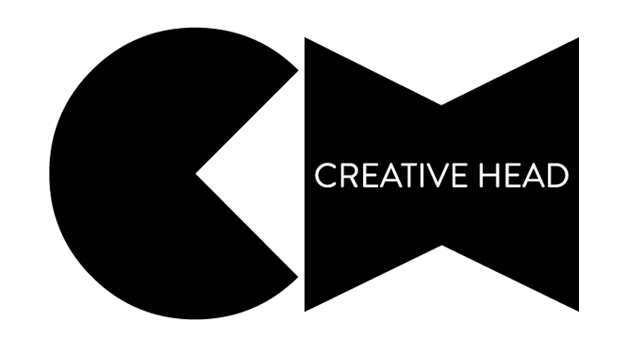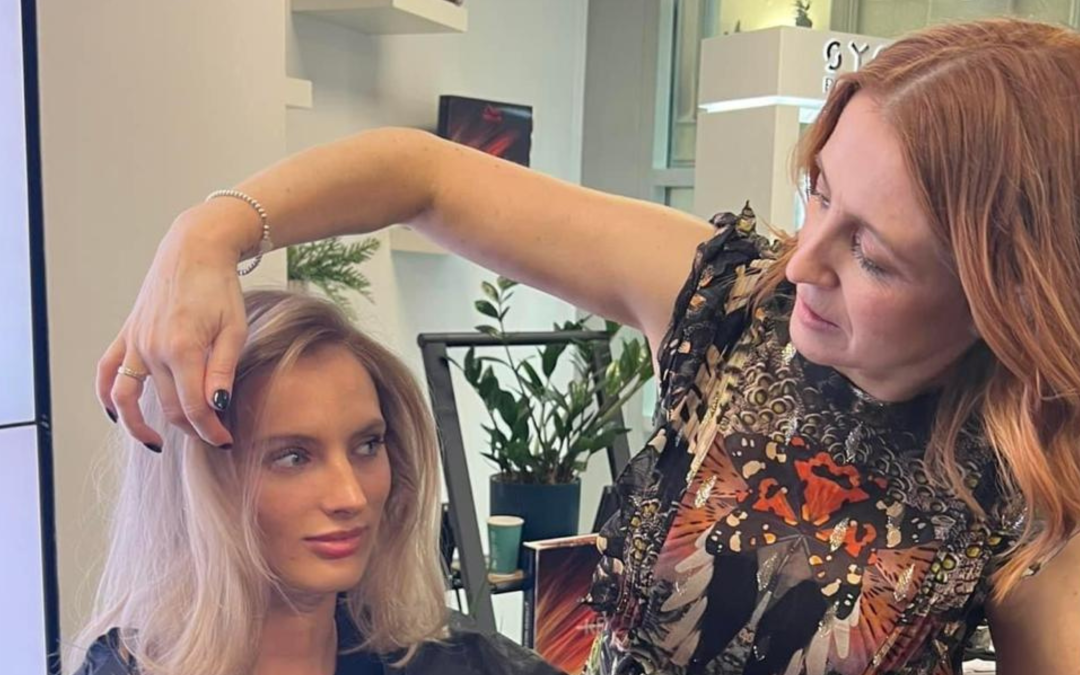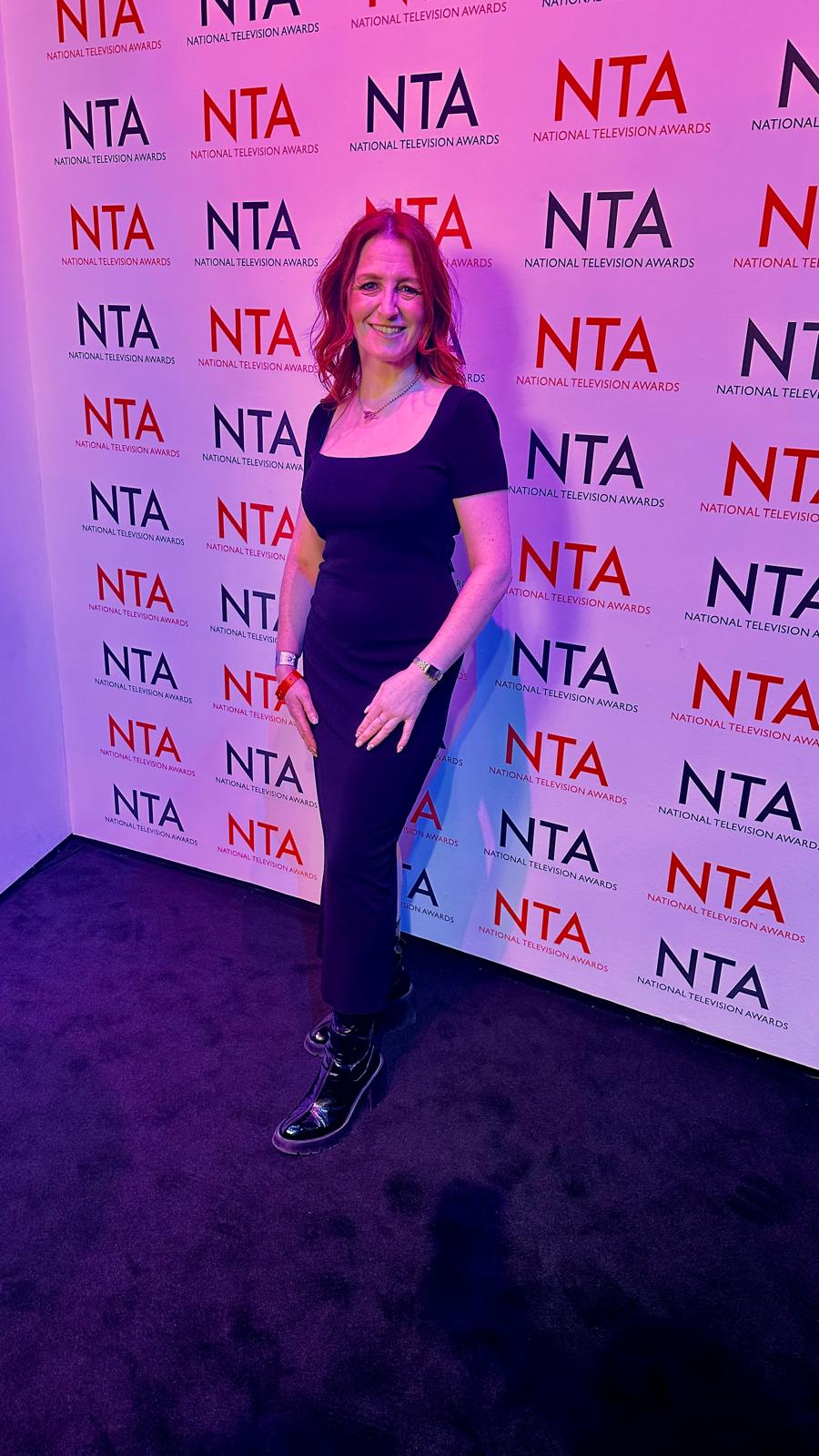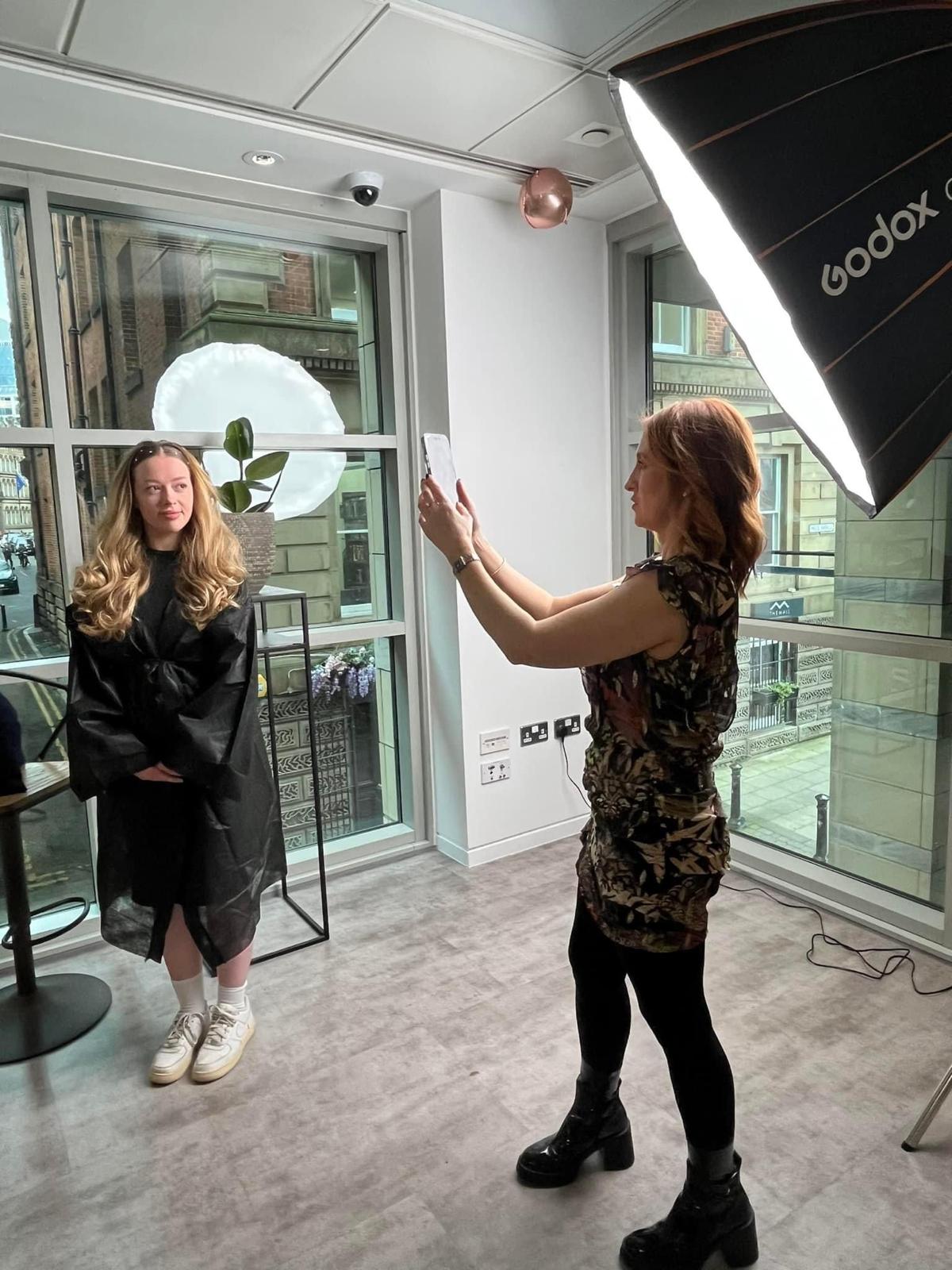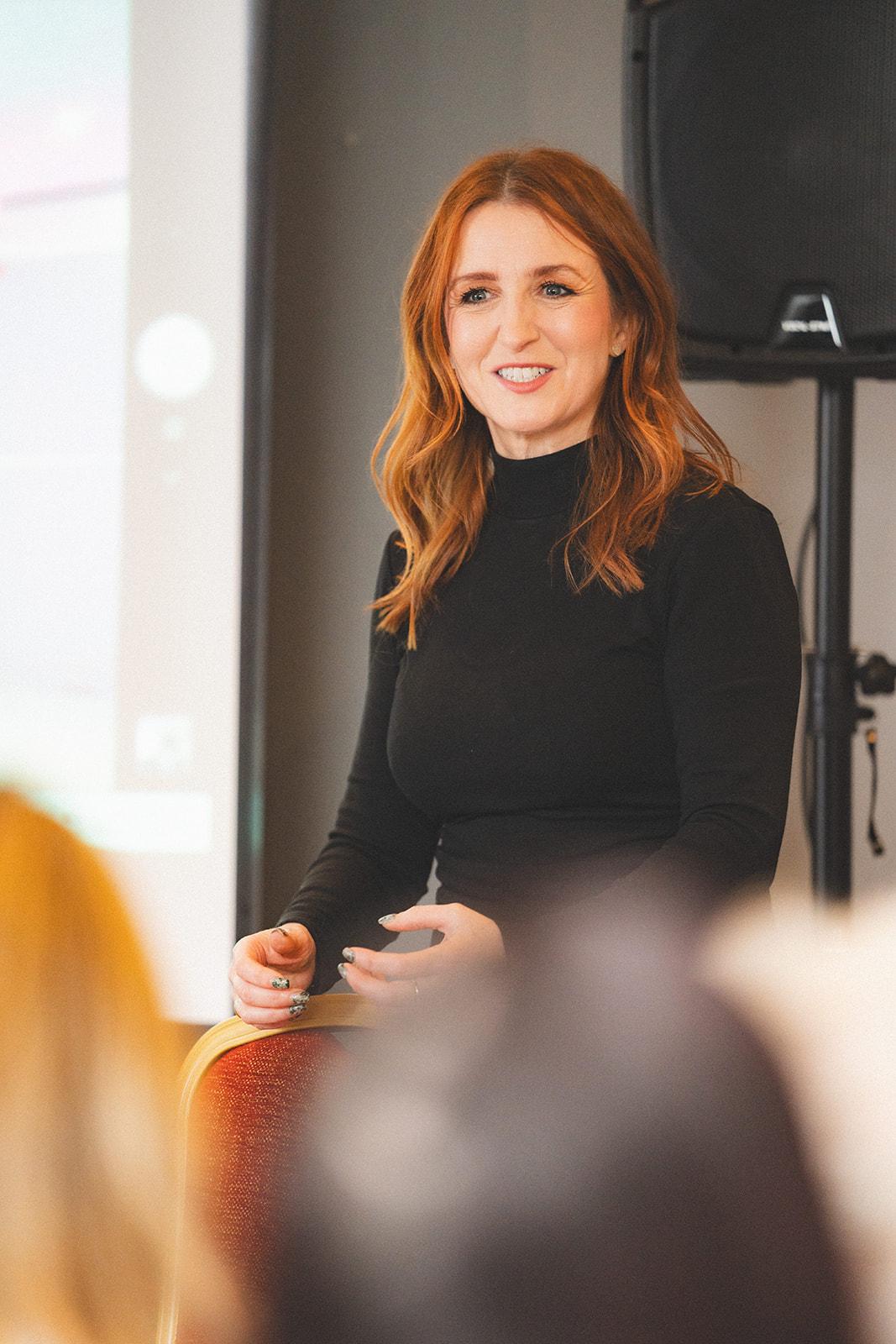
Wella Professionals’ TrendVision Awards 2025: The Prize Categories And What’s Up For Grabs
Wella Professionals’ TrendVision Awards 2025: The Prize Categories And What’s Up For Grabs
Dream big. Win big. TrendVision Award 2025 offers career-changing prizes and opportunities for freelancers.
For freelancers, competitions aren’t just about trophies—they’re about getting noticed, growing your brand and unlocking new opportunities. At TVA25, winners gain incredible exposure, return to future TVA events and get access to major career-enhancing prizes.
Here are the categories you need to know:
Transformation Award – For stylists who love a total restyle, this category combines cut and colour expertise, making it ideal for freelancers who want to showcase their versatility.
Editorial Award – Designed for those looking to break into session styling, this category invites freelancers to create editorial-inspired hair that tells a story—perfect for portfolio-building.
XPOSURE Creative Colour – For students only, this category celebrates bold cut and colourcreativity and is a great steppingstone into the industry.
NEW! Digital Award – The ultimate freelancer-friendly category. No travel, no added costs—just submit your work digitally and get the chance to be announced live at the final. Winners receive free tickets to attend TVA, offering invaluable networking opportunities.
Beyond the trophies, TVA25 winners will return as key players at future TrendVision Awardevents, gaining even more exposure. And with an exclusive goodie bag worth £500 for ticket holders, everyone attending walks away with something valuable.
For freelancers ready to level up their career and showcase their skills on a national stage, TVA25 is the competition to enter.
Submissions open 21 April—get involved at wella.co.uk/trendvision.
Find out more key dates here.
